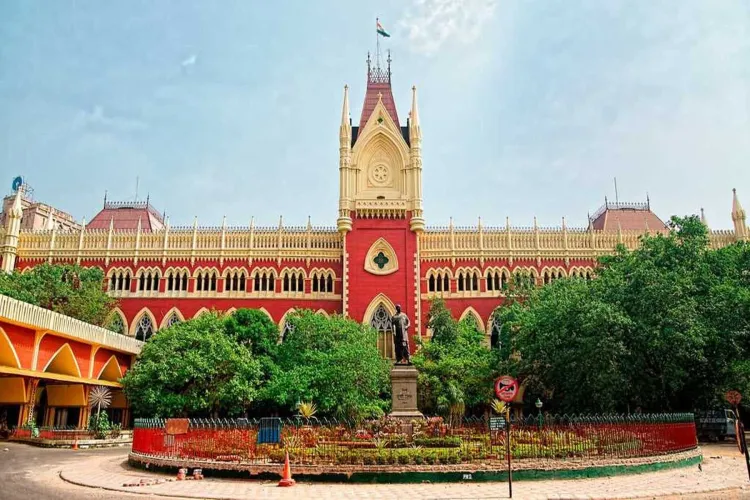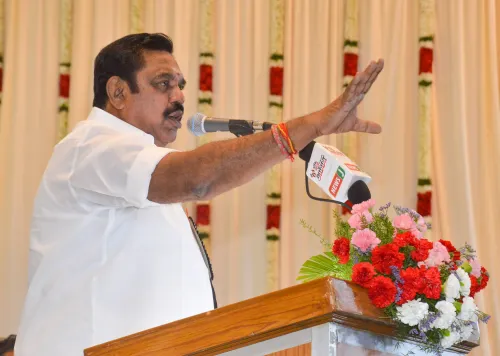Is the WBSSC Jobs Scheme Being Challenged in Calcutta HC?

Synopsis
Key Takeaways
- PIL challenges the stipend scheme for non-teaching staff.
- Group-C and Group-D staff are eligible for monthly stipends.
- Payments commence from April 1 this year.
- Legal battles may complicate governmental initiatives.
- Supreme Court ruling affects thousands of school appointments.
Kolkata, May 26 (NationPress) A public interest litigation (PIL) has been initiated in the Calcutta High Court, contesting the notification released by the West Bengal government earlier this month regarding a newly proposed scheme. This scheme aims to provide a monthly stipend to non-teaching staff in state-run schools under Group-C and Group-D categories who have lost their jobs due to a recent Supreme Court ruling.
The PIL argues that utilizing public funds for employees who are losing their jobs based on a Supreme Court directive is unlawful.
According to the notification issued this month, the newly established scheme by the state labour department, named the “West Bengal Livelihood and Special Security Interim Scheme,” stipulates that the Group-C employees facing job loss will receive a monthly stipend of Rs 25,000, while those in Group-D will get Rs 20,000.
Beneficiaries under this scheme will start receiving their monthly stipends from April 1 of this year, and these payments will continue until a resolution regarding their employment issues is reached.
The Calcutta High Court's division bench, consisting of Justice Soumen Sen and Justice Smita Das, has accepted the PIL, and the case is anticipated to be heard shortly after the upcoming summer vacation recess.
While announcing the scheme's initiation earlier this month, Chief Minister Mamata Banerjee clarified that the scheme was formulated under the state labour department in response to tendencies from certain individuals and vested interests to file PILs against any state government decisions.
Despite the state government's intention to circumvent a legal dispute over the scheme, the filing of the PIL at the Calcutta High Court has complicated this objective. Earlier this month, a similar challenge was presented at the single-judge bench of Justice Amrita Sinha, which was also accepted.
On April 3, the Supreme Court reaffirmed a prior ruling of the Calcutta High Court that nullified 25,753 school appointments made via the WBSSC.
The apex court noted that the entire panel needed to be disbanded due to the authorities' inability to differentiate between “tainted” and “untainted” candidates.
In response, both the state government and the WBSSC have submitted review petitions to the Supreme Court, seeking a reassessment of the ruling.










